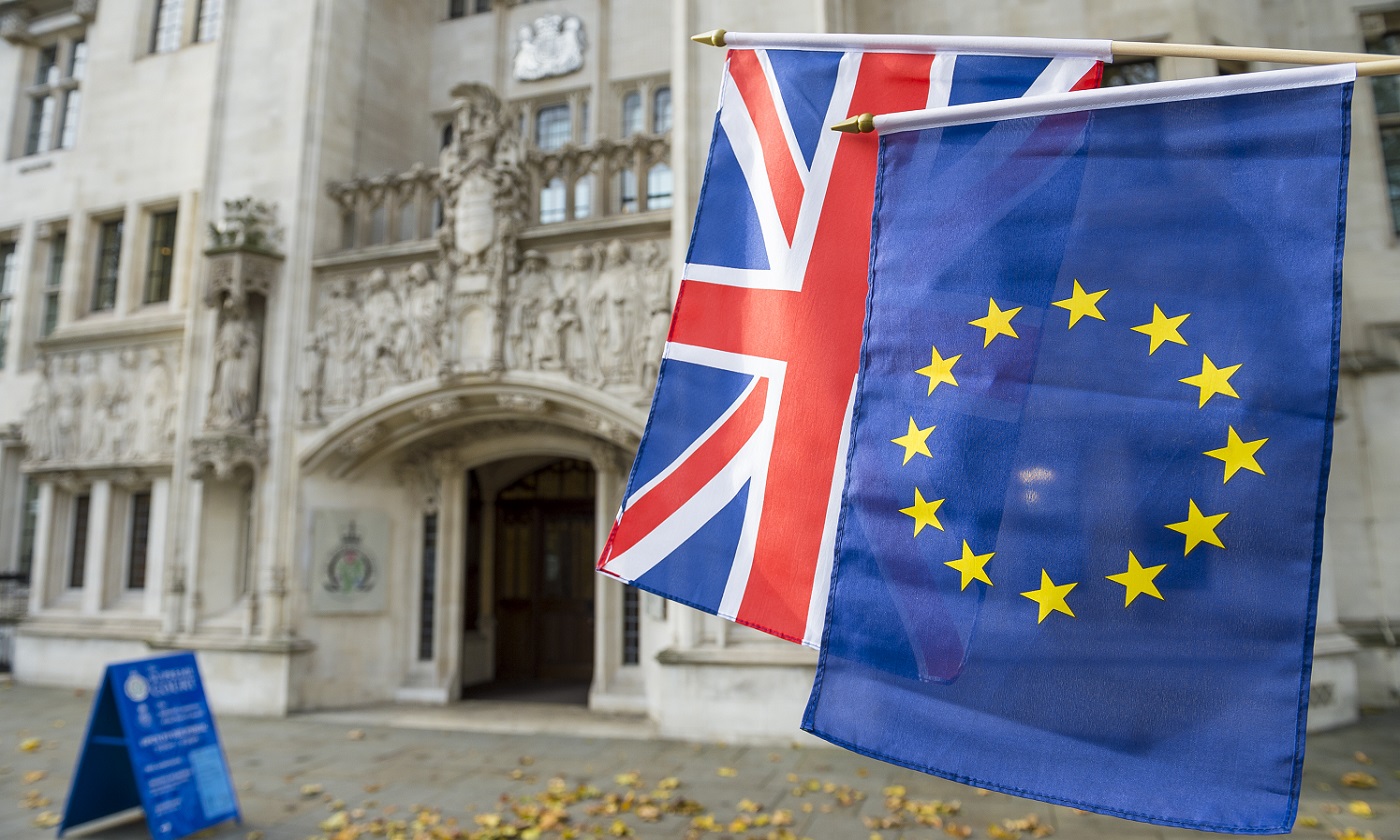Judicial activism is a transatlantic problem. Thus, it requires a transatlantic analysis. The Acton Institute has helped link English-speaking citizens concerned with preserving the Constitution in a conversation with the world’s 270 million Francophones.
Last month, the U.S. Supreme Court ruled that the 1964 Civil Rights Act included sexual orientation and gender identity, paving the way for new rounds of lawsuits and potentially rendering it impossible for some employers to operate their businesses in accordance with their faith. The justices’ conceit of rewriting statutory law threatens the rule of law itself — a verity as true in the U.S. as in France, the UK, or the European Union.
French courts have recently decimated Uber’s business model by ruling that drivers are bona fide employees, not independent contractors. The Supreme Court of the United Kingdom proved all-too-willing to assist the Remain campaign‘s endless series of parliamentary delays and administrative hurdles to Brexit. And the European Court of Justice has vitiated laws and protections long considered sacrosanct, including the right of a religious institution to act according to its own moral code.
These and other rulings erode the rule of law by calling into question its fixed character and permanence — and hence, throw everyone into uncertainty about how the law will be applied each time a new administration takes power. Trey Dimsdale makes this point eloquently in his Acton Commentary, “The Supreme Court’s transgender ruling undermines the rule of law,” just translated into French for the Acton Institute’s Religion & Liberty Transatlantic website by Benoît H. Perrin. Dimsdale writes:
Cette décision comporte des implications importantes pour l’autodétermination démocratique de la nation américaine et les droits inaliénables des Américains. La Cour a certifié que la liberté religieuse n’a pas été prise en compte dans cette affaire, de sorte que ni la loi sur la restauration de la liberté religieuse (RFRA), ni les droits exclusifs des églises à consacrer leur propre clergé, tels que reconnus par la Cour dans l’affaire « Hosanna-Tabor Evangelical Lutheran Church & School contre EEOC », ne sont en péril. Il est cependant difficile de s’en remettre à cette déclaration, étant donné la facilité avec laquelle six juges ont sapé l’ordre constitutionnel et réécrit le Civil Rights Act de 1964.
You can read the full translation here.
(Photo credit: The UK Supreme Court. Shutterstock.com)

